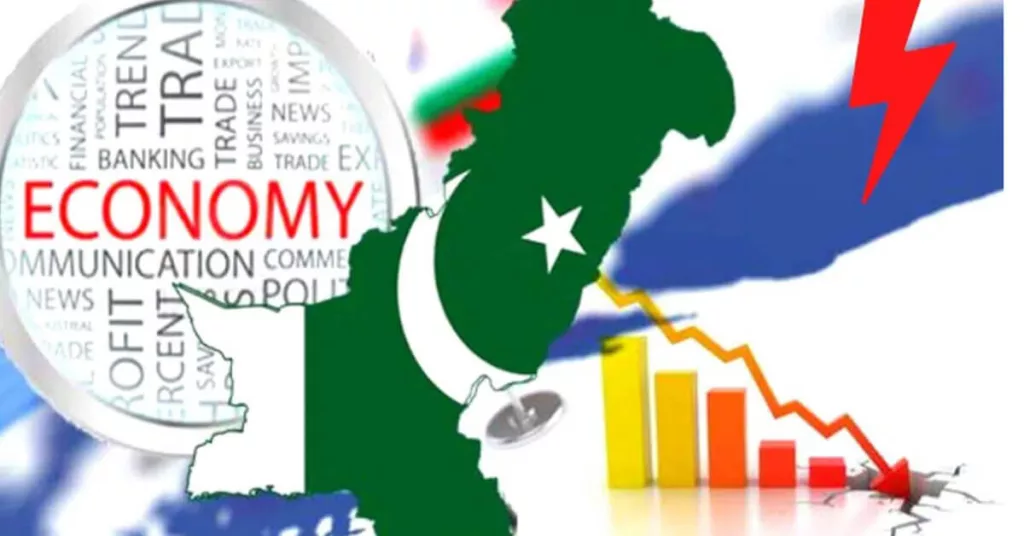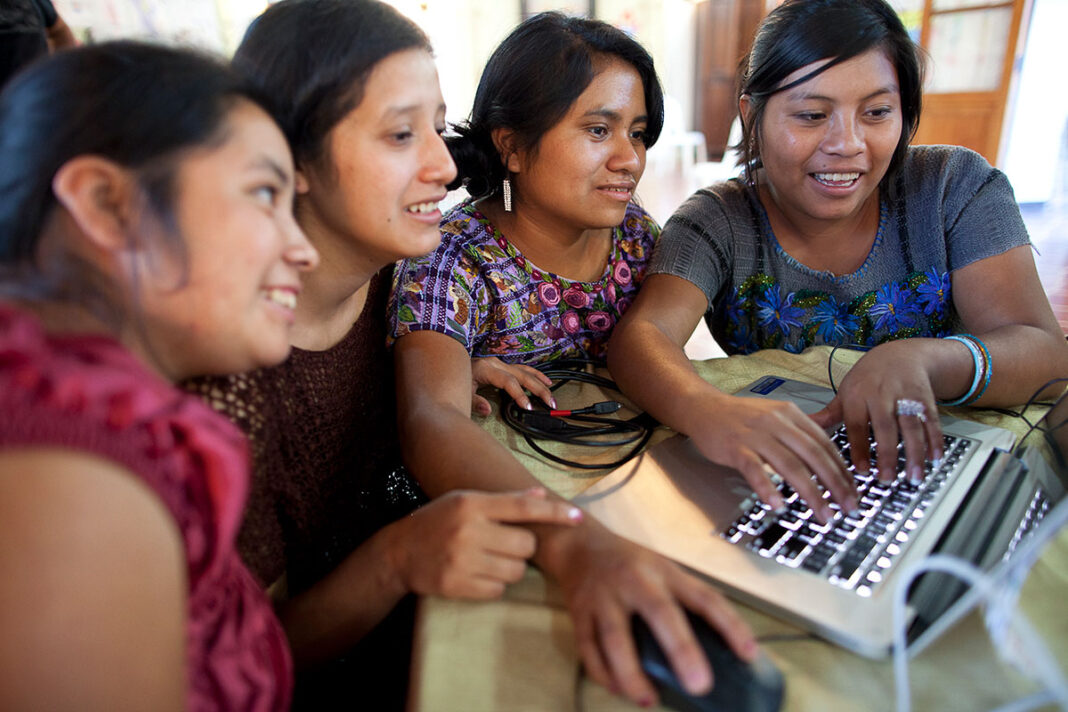By: Hasnain Buledi
Empowering women is a fundamental social imperative because it directly advances the growth and success of any country. Giving women equal opportunities, rights, and resources is only one aspect of the concept of empowerment. it also requires raising their social, economic, and political standing.
In many countries throughout history, women have been sidelined, oppressed, and denied their basic rights. They have endured centuries-long repression of their voices as well as prejudice, abuse, and exploitation. But since then, the world has changed significantly, and progress has been made towards the empowerment of women. To achieve gender equality and prevent violence and prejudice based on gender, more work must still be done. Not only does it make sense economically, but empowering women is also a matter of equal opportunity. About half of all people on earth are women, and they make substantial economic contributions. According to studies, empowering women and boosting their employment rates can boost economic growth, raise household incomes, and lower poverty rates. Also, women typically allocate a larger percentage of their income to nutrition, health, and education, which benefits not only their families but also the larger community and society as a whole.
Empowering women has important societal advantages as well. Women’s education and empowerment can result in better health outcomes, lower rates of maternal mortality, and better nutrition and health for children. When women are empowered, they can provide better care and support to their families. Additionally, women’s empowerment can increase women’s safety and security and contribute to a decrease in gender-based violence, including domestic abuse and sexual harassment.
The advancement of society also depends on the political empowerment of women. For their interests and viewpoints to be appropriately represented in policy and decision-making, women’s involvement in political decision-making is crucial. Women’s political empowerment can also result in the development of more gender-sensitive laws and policies that cater to their interests and concerns. But even with all the advantages of women’s empowerment, there are other problems. Many countries still have gender inequity, and women still experience violence and prejudice. Women encounter a variety of difficulties, including the gender pay gap, restricted access to healthcare and education, and underrepresentation in political and economic decision-making. In poor nations, where women frequently have limited access to resources and opportunities, these problems are particularly acute. It is crucial to put policies and initiatives that support women’s empowerment into place to solve these issues. This can involve actions like enhancing women’s access to healthcare and education, supplying them with employment opportunities, establishing laws and policies that are gender-sensitive, and tackling cultural and social norms that enable gender-based violence and discrimination. Education is an essential instrument for the empowerment of women. By giving girls and women the knowledge and skills needed to participate in the workforce and make wise life decisions, education can aid in ending the cycle of poverty. Furthermore, education can boost political engagement, lower the prevalence of child marriage, and improve health outcomes. Women’s empowerment requires economic empowerment as well. Access to tools, training, and credit can help women launch their enterprises, boost their incomes, and achieve financial independence. Moreover, economic empowerment can result in more home autonomy and a higher social standing in the neighborhood.
According to UNFPA 32% of the women in Pakistan have experienced violence. According to a report of 2022 in Pakistan, there were 1301 cases of sexual abuse heard in the different courts. According to report of 2022 the literacy rate of women in Pakistan is just 48% percent. Now if the literacy rate of women would be low just as our country as how we will proceed towards development and prosperity? And according to World Bank, Pakistan had 20.65% percent working women. Now on other hand the Bangladesh had 31.15% of working women
Now for the basic rights of women, according to the article 25 of constitution of Pakistan 1971: “there shall be no discrimination on the basis of sex alone.” The Constitution also guarantees full involvement of women in all aspects of national life and provides protection for marriage, families, mothers, and children. To advance women’s empowerment, it is also essential to create gender-sensitive legislation and regulations, but alas! In our country we have done everything which resist women to explore more and more, to learn and lead the society, we have just bound them to work in kitchen only. According to Google the total high schools in Pakistan are 1,500,769 out of them 61% are boys school and just 39% are girls school, and out of them 80% schools do not have proper infrastructure and more over in villages, the feudals have set their election offices in the schools and in many schools donkeys are tethered there. How we will develop a strong society if we would not educate our women, we have to give them an open hand to choose the career which they like the most, we have to understand there are many things which could be done by women apart from kitchen work and MBBS, we have to create an society where women have freedom of speech, freedom of expression and every right which is given to men and we have to work for their empowerment so that women can feel comfortable and secure in an atmosphere that is protected by laws that safeguard their rights, such as those that prohibit sexual harassment and domestic abuse. Making sure that women’s viewpoints and needs are sufficiently represented can also be achieved through policies that encourage women to participate in the workforce and political decision-making.
The writer is a freelance columnist and can be reached at [email protected]






